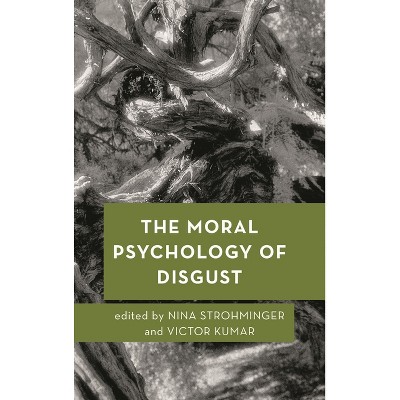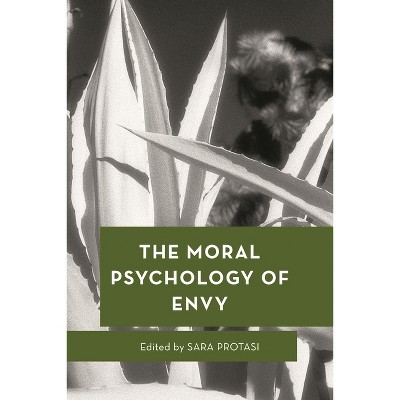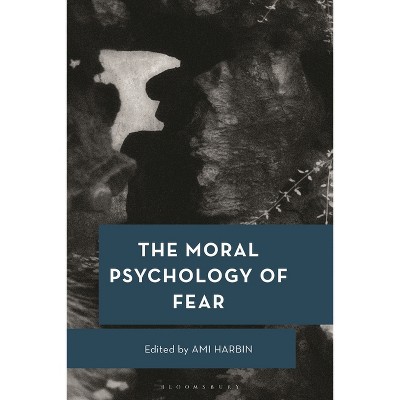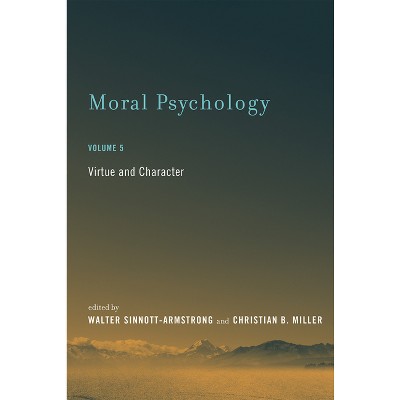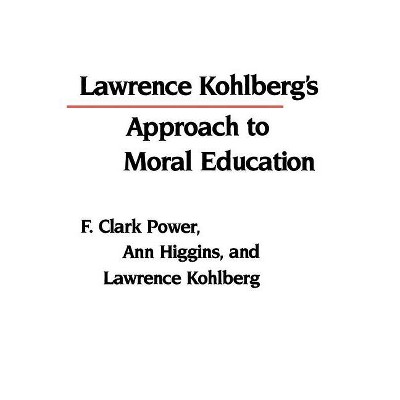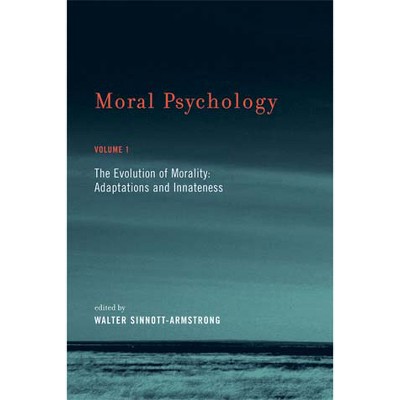Sponsored

Moral Psychology of Shame - (Moral Psychology of the Emotions) by Alessandra Fussi & Raffaele Rodogno (Hardcover)
In Stock
Sponsored
About this item
Highlights
- This collection presents the latest research on one of the most controversial moral emotions: shame.
- About the Author: Alessandra Fussi is associate professor of moral philosophy in the Department of Civilizations and Forms of Knowledge at the University of Pisa.
- 266 Pages
- Philosophy, Ethics & Moral Philosophy
- Series Name: Moral Psychology of the Emotions
Description
About the Book
This collection presents the latest research on one of the most controversial moral emotions: shame. Eleven original essays reveal that complexities in the connections between self, other, and morality span millennia and cultures and currently animate important debates at the ...Book Synopsis
This collection presents the latest research on one of the most controversial moral emotions: shame. Eleven original essays reveal that complexities in the connections between self, other, and morality span millennia and cultures and currently animate important debates at the core of feminism and disability studies.
Review Quotes
This collection brings together philosophers and psychologists to review the contemporary psychological literature on shame, discuss it from a variety of philosophical traditions, and consider different controversies. Issues addressed include whether shame is overall beneficial or detrimental to human life, whether it is inherently interpersonal or intrapersonal, whether it requires a great deal of self-consciousness, and whether it has a common cross-cultural core or differs radically across different cultures and groups. Both because of the different ways to conceptualize shame and related phenomena and the different ways there are of measuring it, disagreements can appear at first blush larger and more intractable than they really are. Something beneficial or detrimental that one school or thinker ascribes to shame another might ascribe to guilt or some other emotion. Indeed, it is not always clear whether theorists are disagreeing about the same thing or discussing two different things. Given how eclectic this collection is, it is unlikely to serve as a primary course text for many classes, but it may serve as a supplement for many classes in both philosophy and psychology. Recommended. Advanced students.
This remarkable collection offers real insight into some key moments in the history of the theorizing about shame while at the same time providing a rich understanding of the most sophisticated facets of contemporary debates on the nature of shame in philosophy and psychology. This, together with the fact that many chapters shed considerable light on the role shame plays in crucial discussions of public interest, such as self-understanding, gender, trauma, and psychopathology, makes me strongly recommend it.
About the Author
Alessandra Fussi is associate professor of moral philosophy in the Department of Civilizations and Forms of Knowledge at the University of Pisa.
Raffaele Rodogno is associate professor of philosophy in the School of Culture and Society at Aarhus University.






